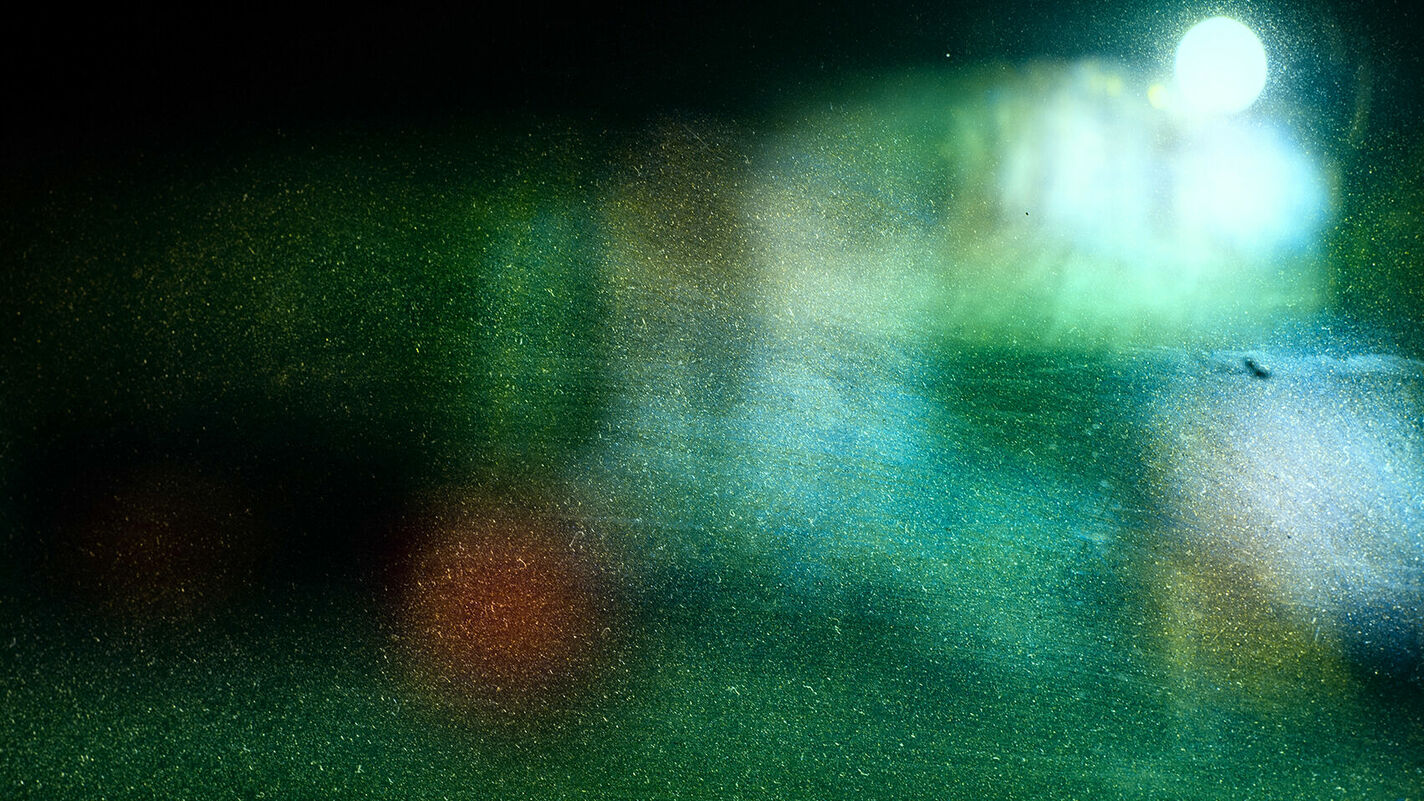Listening to Climate Change research project explores sound and new media formats for producing multisensory knowledge about climate change, while actively engaging citizens with the current ecological crisis through listening. Sound travels through and around space and has physical, emotional and informational affect, which can be used to better perceive climate change impacts such as extreme weather, biodiversity loss and modification of the built environment and infrastructure. This project draws from acoustic ecology, sound art, new media and climate change research to bring together sound’s experiential and immersive qualities with scientific facts across temporal and spatial scales and provide with new possibilities for the perception of climate change. The main objective of the project is to develop creative methods specific to the transformation of existing soundscapes based on environmental variables and climate change scenarios, and to explore how participatory engagement with everyday sounds can generate new insights into auditory perception of the environment. The development of an interactive media application prototype will invite listeners to record and creatively process soundscapes in response to climate scenarios, individual evaluation and emotional situation, and share them within a network. This sound exploration acts both as a case study for assessing auditory perception of the environment, and as a participatory sound design process that responds to user input. The resulting sounds will offer reimagined and speculative versions of soundscapes as a way to navigate and experience plausible future states of human and more-than-human life.
The project is undertaken by Dr. Eleni-Ira Panourgia with guidance and mentorship from Prof. Dr. Angela Brennecke and is funded with an Individual Grant by Postdoc Network Brandenburg.


